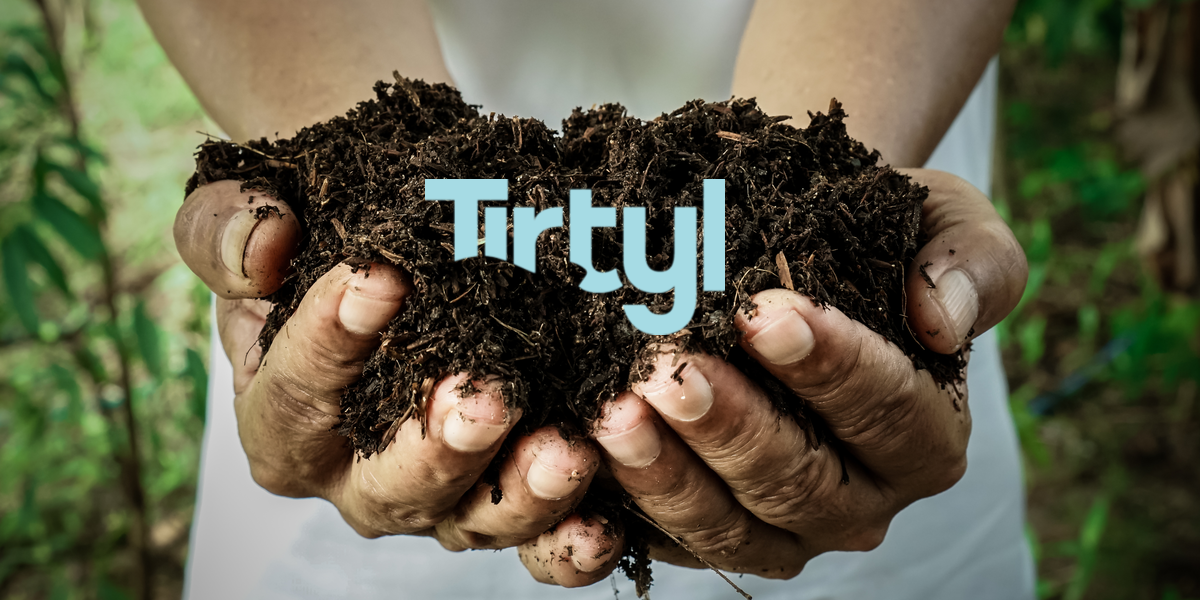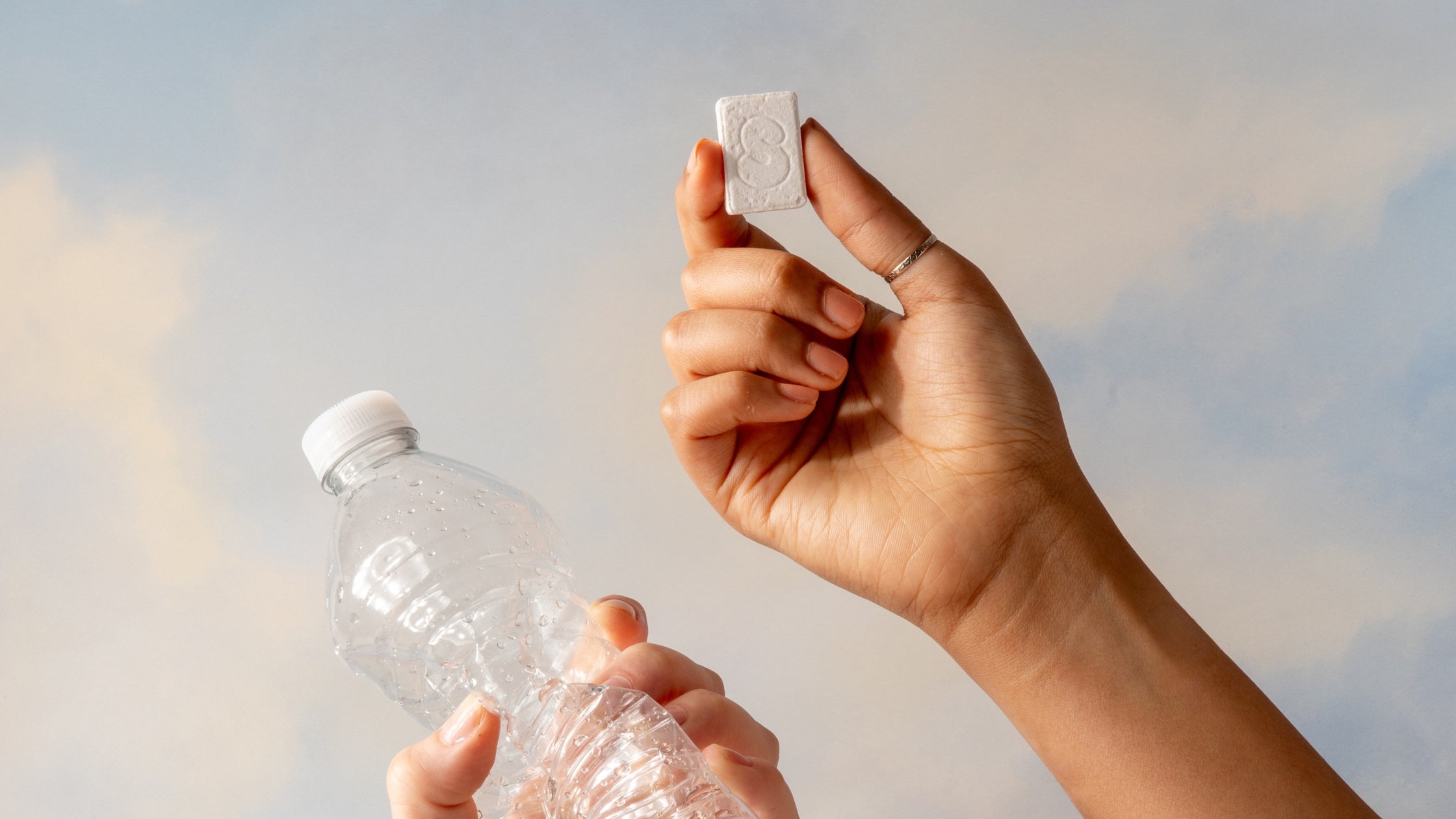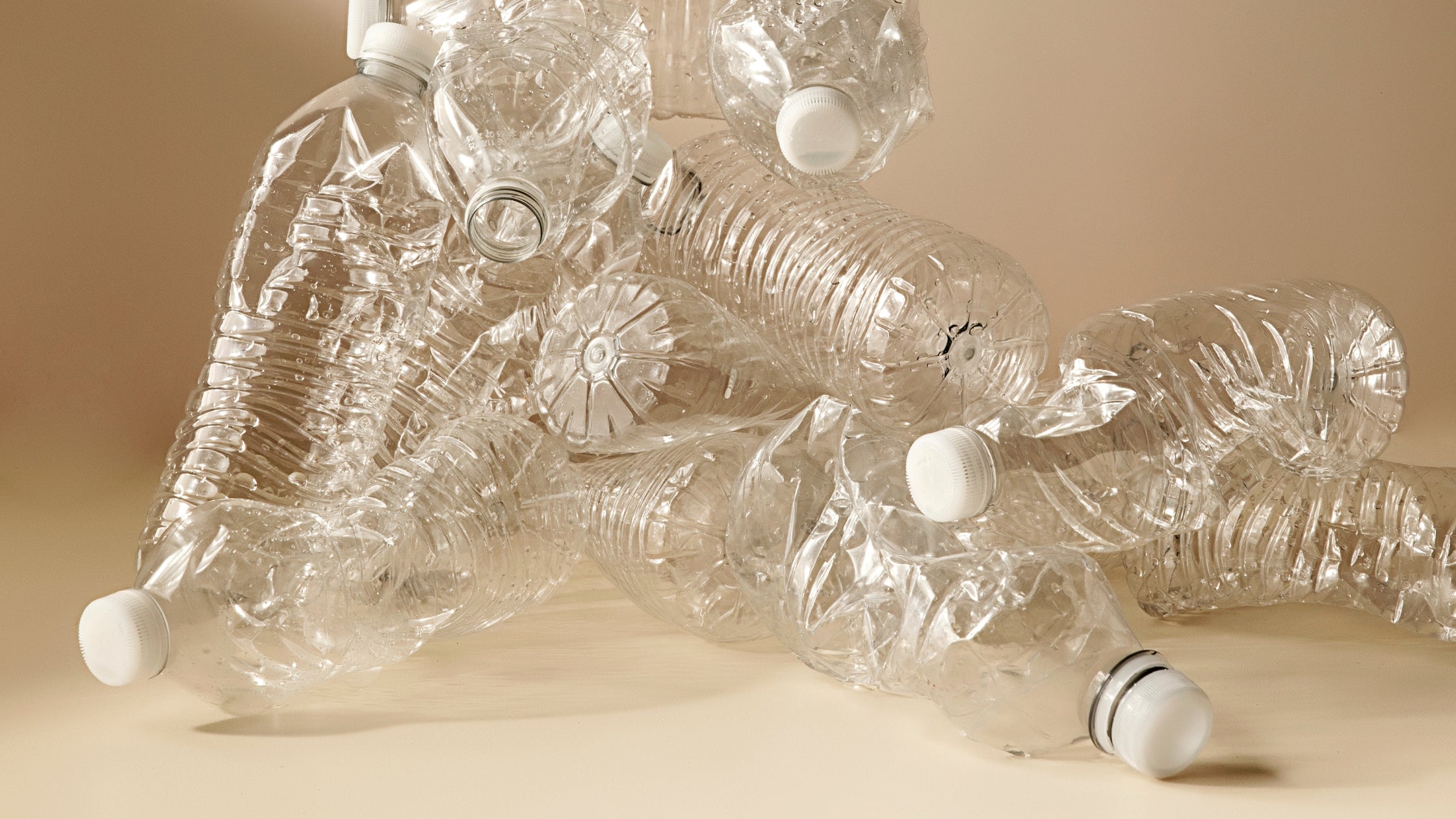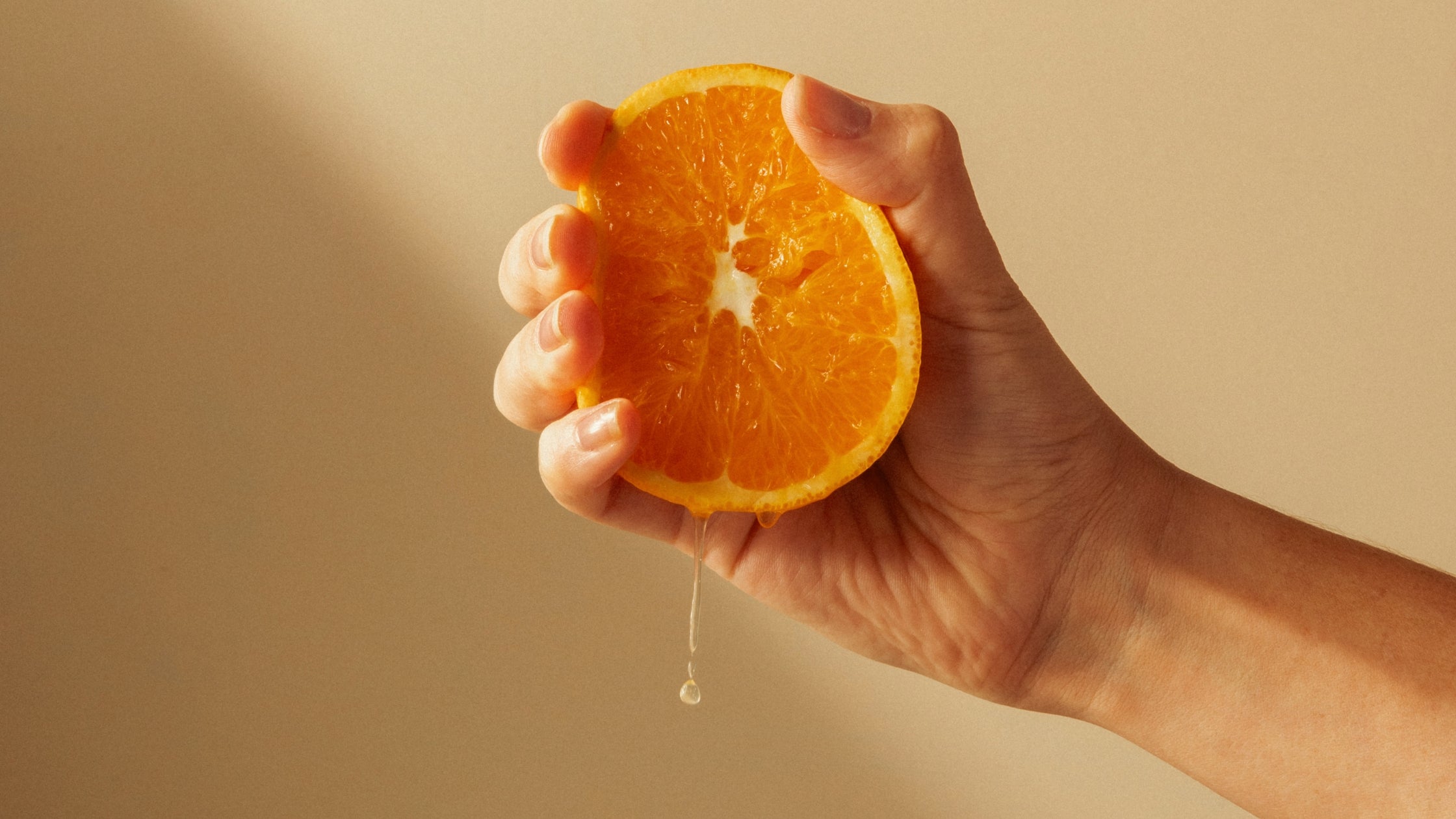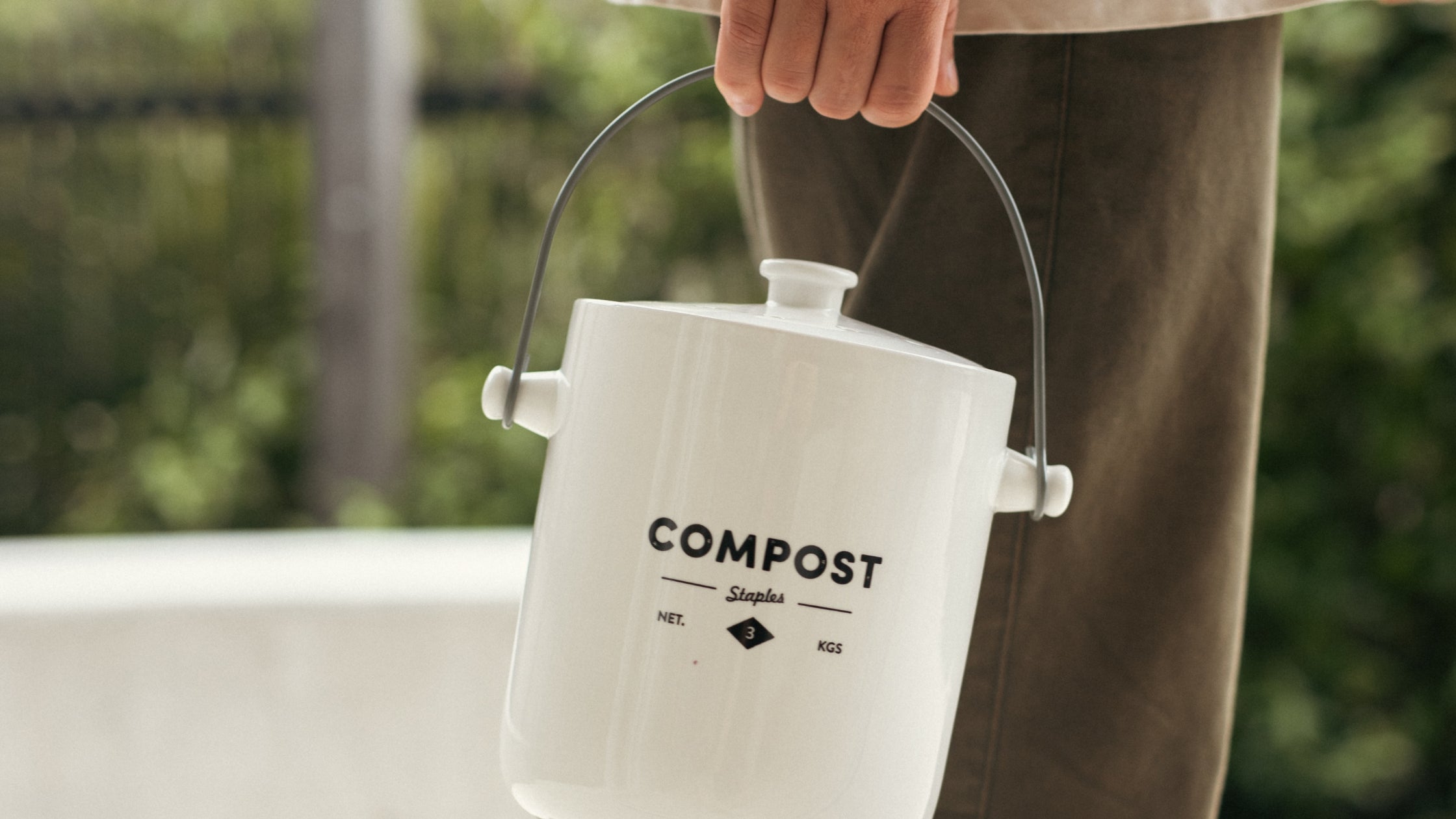Composting is the process of recycling organic materials in a compost pile where they break down into a rich fertilizer that enriches the soil. This soil is known as ‘black gold’ amongst farmers and can be used for gardening, horticulture and agriculture. A wide range of food can be composted including fruit, vegetables, bread, cereal, pasta, coffee, herbs, nuts and egg shells, as well as plant cuttings, leaves and paper.
Starting a compost heap is easy, and all you really need is a large tub or compost bin and to know what to compost. Compost bins consist of nitrogen-rich green and dry brown materials:
Benefits of Composting for the Environment
10 benefits of composting for the environment include:
Compost is beneficial to the overall health of soil and is a common soil amendment which is used by both farmers and gardeners. Compost can be used for protection against plant diseases and treating nutrient-deficiencies. It improves the structure of the soil by balancing PH levels and adding important nutrients, as well as encouraging the growth of microorganisms, insects and earthworms.
Plants would not be able to access the nutrients they need without the compost breaking the nutrients down and increasing the surface area of plant roots. When mixed with soil, compost holds water where the roots need it most.
Compost also minimises erosion by water and wind by holding onto moisture in the soil and encouraging healthy root growth.
Compost can hold 5-20 times its own weight in water, which means adding compost to the soil increases the amount of water that is able to soak into the soil and reach the impervious rock layer. This not only helps plants, but it also benefits local water sources like springs, ponds and lakes.
After moving through compost, soil and rock layers, the water is able to be filtered by the time it reaches these local water sources.
Compost’s ability to filter water means that the water flowing into the ocean will be cleaner. Compost decreases the water run-off from chemicals like fertilisers and other harsh chemicals used in farming.
Composting diverts food waste from the landfill where it would normally decompose inside a plastic bag creating methane. In this situation, the ocean absorbs most of the excess heat from the greenhouse gases released into the atmosphere which leads to rising ocean temperatures and is a constant threat to marine species.
The world has unfortunately lost around one-third of the earth’s farmable land over the past 45 years as a result of erosion and pollution.
The biggest cause of erosion is excess water. When there is too much water that is unable to soak into the ground, water swells up on the surface and rushes down to lower elevations, picking up the topsoil with it and causing erosion in the process.
Compost acts like a sponge and soaks up the water, allowing the topsoil to stay on top - where it belongs!
Most food and yard waste is sent to landfills where it rots and releases methane and carbon dioxide. Redirecting compostable waste away from the landfills and back into the soil, decreases the methane and carbon dioxide levels in your local community and minimises the threat to climate change.
Compost plays host to a variety of friendly beneficial microbes which helps plants to absorb nutrients. To keep the microbes around, plant roots will release carbohydrates from their roots to attract and feed the microbes underground by taking C02 from the air and water from their roots and through photosynthesis and turn it into carbohydrates.
These sugars and the microbes create humus (a part of the soil that retains soil-structure, nutrients and moisture) and is also the component of the soil that is largely responsible for keeping the recently-stored carbon beneath the soil.
Spreading compost on crops minimises the need for chemical fertilisers. Compost provides the basic nutrients supplied by fertilisers like nitrogen, potassium and phosphorus, and also provides a wide range of trace minerals and other nutrients which aren’t available in normal chemical fertilisers.
Using less chemical fertilisers reduces environmental issues including water pollution where nitrogen from the fertilisers causes algae blooms to form in water, damaging the coastal ecosystem. Chemical fertilisers also get into groundwater and contaminate drinking water wells.
Revitalising the soil with compost plays an important role in ecological restoration. By using compost to balance soil PH, encourage the population growth of microorganisms and improve the ability of soil to hold and supply nutrients, soil can be optimised to help species flourish.
Compost can especially be helpful for wetland restoration since the composition of compost is similar to that of wetland soil.
Habitat restoration can be successful if conditions that are suitable to grow and attract desired species are introduced, and by creating a more nutrient-rich and diverse habitat that requires less work to maintain.
Production, processing and transportation machinery all emit greenhouse gases. By composting, people can reduce the need for the commercial production and transit of fertilisers and pesticides. Composting can also reduce the need for trash and green waste processing at commercial facilities.
Composting helps reduce the amount of waste going to the landfill and can improve the agricultural, landscaping and horticulture industries by producing nutrient rich plant food. Composting results in a higher yield of agricultural crops.
Composting is a crucial element of zero-waste programs and the sustainability movement. It is becoming more prevalent in home gardens as people are becoming more environmentally aware and worried about the effect of waste on the environment.
At Skipper, we’re proud to announce that our soap tablet wrappers are plastic-free and TUV certified home compostable and one of the first of their kind. They are made from sustainably sourced kraft paper and a special type of polylactic acid (PLA), which has similar water-resistant properties like plastic but is made from materials like sugarcane and corn. Our soap wrappers will fully decompose within 12-24 months in a typical home composting environment and as quickly as 6 months under ideal conditions.

